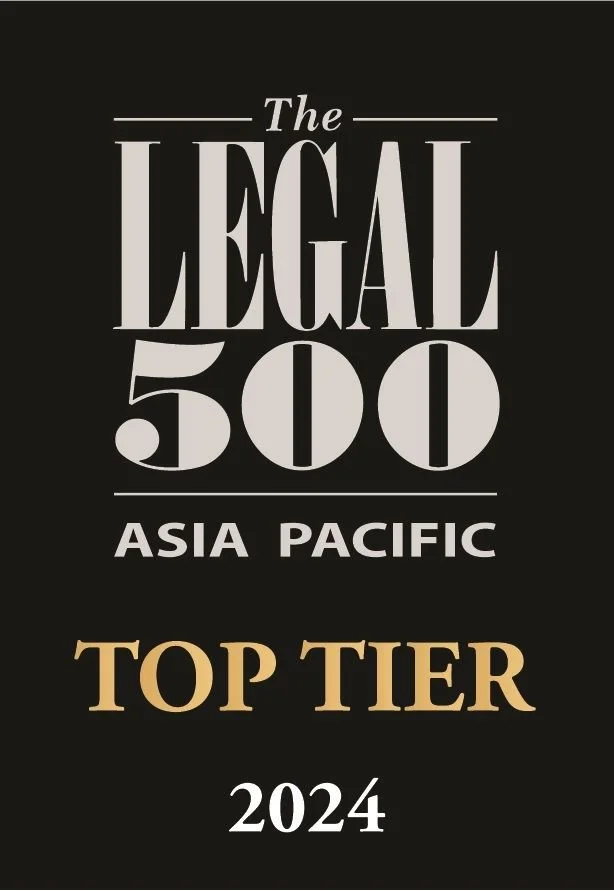Air New Zealand baggage dispute
/AIR NEW ZEALAND LTD v DISPUTES TRIBUNAL ([2016] NZHC 393, 9 March 2016 .
In November 2015, Mr and Mrs Green (not their real names) flew to London on an Air New Zealand flight. Their suitcases failed to arrive until nine days into their stay in London. During these nine days, the Greens made contact with representatives of Air New Zealand. Mrs Green asked if their lost items would be replaced by the airline on a “like-for-like” basis. She was told they would. The Greens went shopping and spent $26,000 on replacements items. They recovered $1,900 from their travel insurance. They brought a claim against Air New Zealand to the Disputes Tribunal for $15,000.
During the Disputes Tribunal proceedings, Air New Zealand claimed that the Tribunal did not have the jurisdiction to hear the claim as this was an issue governed by the Montreal Convention. This was denied by the referee. The referee found that Air New Zealand made a representation upon which the Greens relied to their detriment – that their items would be replaced on a “like-for-like” basis. In her decision, the referee relied on principles of estoppel. She ordered that Air New Zealand was liable for the full $15,000.
Air New Zealand then applied for a judicial review of the referee’s decision in the High Court. Air New Zealand claimed that the decision was outside the Disputes Tribunal’s jurisdiction as the Tribunal is limited to disputes regarding contract, quasi-contract, tort of pursuant to certain statutory powers. The referee relied on estoppel to reach her decision; an equitable principle.
The High Court accepted this argument as claims arising out of equity are limited to the Courts. The High Court considered other bases for jurisdiction, however, and these were not so easily defeated. It held that there was jurisdiction for considering it as an issue of contract, or at least quasi-contract.
Air New Zealand further argued that even where there was a basis for jurisdiction as a contract or quasi-contract, it was barred from doing so as these matters are governed by the Montreal Convention and the Civil Aviation Act that gives effect to it in New Zealand. Article 22 of the Convention and s 91G(1) of the Civil Aviation Act entitle passengers to recover damages for lost or delayed baggage but with a maximum liability on the part of the carrier to 1131 SDRs ($2,125). Article 29 and the equivalent s 91G further provide that liability is limited “whatever the nature of the proceedings by which liability may be enforced”. Section 91C provides that the Convention has full force of law in New Zealand.
The Court upheld the Court of Appeal’s decision in Emery Air Freight Corporation v Nerine Nurseries Limited that where a claim is inconsistent with a provision of the Convention it may not be brought. It recognised that there is a prohibition on limiting the carrier’s liability by contract further than is allowed by the convention. However, the Convention and legislation give a carrier the right to contract for a greater liability than that provided for in the Convention. It was confirmed, however, that this must be certain and reflect the actual intention of both parties.
The Court analysed the Conditions of Carriage provided to it by Air New Zealand and it was clear that the intention was for liability for lost luggage to be governed by the Convention. Further, it provided that no employee had the authority to modify these conditions. The Court could not rely on this for the purposes of the judicial review, however, as this was not provided to the Disputes Tribunal as evidence, nor was there any indication that these conditions were brought to the Greens’ attention. The Court does state obiter that if these conditions were referred to on the ticketing, then it would have applied and limited Air New Zealand’s liability.
It was held that the Disputes Tribunal made errors of law regarding the reliance on estoppel, as well as disregarding the limits on liability provided by the Civil Aviation Act and the Convention. The Court held that there was little use remitting the proceedings back to the Tribunal for further consideration. Air New Zealand accepted its liability to the limit set out in the Convention. The amount was not to be affected by the fact that the Greens’ also received a payment from their insurers. Ultimately, the Greens were able to recover $2,125 on top of the $1,900 from their insurers.






